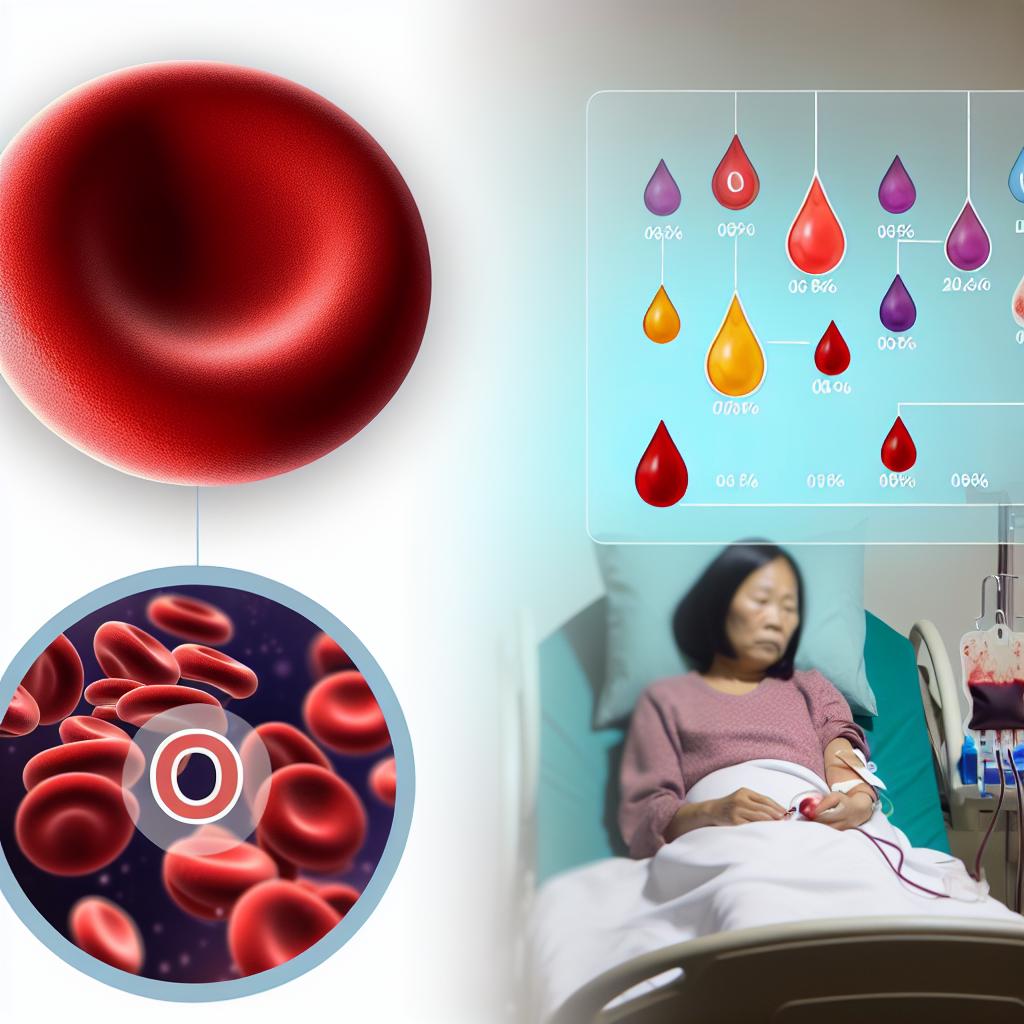The Uniqueness of O-Negative Blood
O-negative blood is often revered for its exceptional characteristics, earning it the title of the “universal donor.” This specific blood type can be transfused into patients with any other blood type, which makes it incredibly valuable in emergency medical scenarios where the urgency of the situation leaves no room for determining the patient’s blood group. This unmatched flexibility stems from the absence of A, B, and Rh antigens on the surface of O-negative red blood cells. Understanding the nuances of O-negative blood offers insights into its pivotal role in healthcare and the challenges associated with maintaining its supply.
Prevalence and Importance
In the global population, O-negative blood is relatively scarce, present in merely about 6-7% of individuals. The rarity of this blood type does not diminish its substantial contributions to life-saving medical interventions; in fact, it heightens its necessity. The importance of O-negative blood is profoundly felt in settings such as trauma care and during surgical procedures, where immediate and adaptable blood transfusions can mean the difference between life and death. Similarly, in situations where newborns face potentially severe immune deficiencies, O-negative blood becomes a critical component of neonatal care. Therefore, O-negative donors are crucial to maintaining a stable blood supply, and their regular contributions are highly encouraged and needed.
Applications in Medical Emergencies
In medical emergencies, the clock ticks faster than in most other scenarios, demanding swift and decisive actions. It is here that the versatility of O-negative blood is profoundly evident. When patients are rushed into emergency rooms following accidents, or in operating rooms for sudden surgeries, there is often no time to ascertain the patient’s blood type. O-negative blood becomes an instantaneous and life-saving solution in these critical scenarios. Its availability can significantly alter outcomes, providing healthcare professionals with the necessary resources to stabilize patients rapidly and efficiently. The provision of O-negative blood under such urgent conditions exemplifies its indispensability in modern medical practice.
Risks and Management
While the relevance of O-negative blood cannot be overstated, managing this finite resource presents its own challenges. The supply and demand flux of O-negative blood pose a continuous struggle for blood banks worldwide. Ensuring an adequate supply of this type of blood is not merely about collecting donations but involves a strategic balance that preserves the availability of O-negative blood for unforeseen emergencies. Blood banks implement rigorous protocols to manage inventories, forecasting demands as accurately as possible while mobilizing donors to meet these needs. A strategic approach, coupled with the unwavering support of O-negative blood donors, plays a critical role in this ongoing management challenge.
The Call for O-Negative Donors
The unyielding demand for O-negative blood underscores the essential role of donors bearing this blood type. In the broader spectrum of healthcare, these donors help replenish blood bank reserves, making them an indispensable part of the medical community. Blood donation centers frequently issue appeals specifically targeting individuals with O-negative blood to ensure that reserves do not dwindle. Regular donations from these individuals contribute toward a sustainable blood supply, facilitating better preparedness for emergency situations. To further encourage donations, centers often reach out to the community, highlighting the importance of this rare blood type and organizing donation drives targeting O-negative donors.
Learning more about the blood donation process and the pivotal role one can play in such a vital humanitarian service is an invaluable decision. Interested individuals are encouraged to explore resources such as the American Red Cross, thereby gaining insights on how to actively participate in this life-saving endeavor. By understanding and participating in the donation of O-negative blood, donors contribute substantially to a health system that benefits from their generosity, ensuring critical resources are available when needed most.
Recognizing and promoting the importance of O-negative blood stands as a testament to the collaborative efforts required in healthcare, embodying the unity between donors and medical professionals in the continuous pursuit of saving lives.
